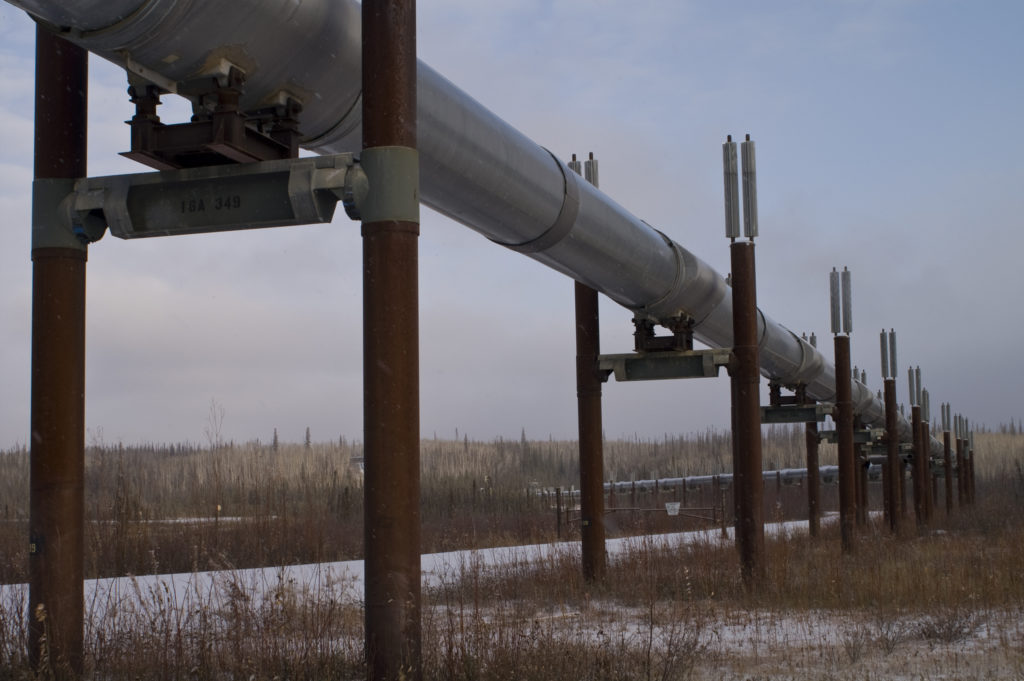The Peninsula
What Happens to the North Korea Pipeline Now?

By Troy Stangarone
Nutritional aid might not be the only cost of North Korea’s recent failed satellite launch. Only a few months prior to Kim Jong-il’s death there had been significant discussion of building a pipeline to transmit Russian gas through North Korea to the South. North Korea had indicated that it would be willing to take part in the project and South Korean President Lee Myung-bak had agreed to work closely with Russian President Dmitry Medvedev to push the project forward. Now, only a few months into the new regime under Kim Jong-un there are real questions if the project is viable.
On the surface, the pipeline made sense for all parties involved at the time and Kim Jong-un had indicated his support for the project in April. The Russian Far East is rich in natural resources, including natural gas, and tapping the South Korean market would allow Russia to diversify its exports away from European markets and place pressure on China in their stalled gas talks. For South Korea, which is dependent on imports for its energy needs, the pipeline promises a supply of natural gas potentially 30 percent below what it currently pays. For North Korea, which is seeking to prop up its economy the project presents the prospect of a significant infusion of hard currency from the estimated $100 million dollars in annual transit fees the pipeline would provide. Everyone would seem to have something to gain.
Under Kim Jong-il, one could have been fairly confident that the political risk surrounding the project could be managed based on the experience of the Kaesong Industrial Complex. While Pyongyang has sought raises for workers beyond the contractual agreement between North and South Korea in the complex, it has also refrained from interfering in the complex’s operations during periods of heightened tensions between the two sides.
Russia and South Korea in their talks in the fall had also taken steps to try to disincentivize North Korea from interfering in the pipeline. Russia would be responsible for the transit fees, and has indicated that it’s willing to structure the contract so that it is responsible for delivering the gas to South Korea if Pyongyang were to interfere with the pipeline. Additionally, South Korea has proposed running the pipeline to Seoul before it cuts back up to Pyongyang, meaning North Korea would cut off its own gas supply if it were to interfere with the pipeline. These steps would take away potential leverage that North Korea would gain from the pipeline, but still leave the possibility that Pyongyang could try to tap the pipeline upstream for its own uses. The project had been promising enough that Gazprom and Kogas held talks as recently as April 9 to discuss the commercial parameters of the project.
However, with North Korea having defied international consensus to conduct its satellite launch, made suggestions that it will turn parts of Seoul to “ashes”, and a third nuclear test in the offing it would only seem prudent for all of the parties involved to reassess their positions in the project. Even if the rhetoric coming out of Pyongyang is dismissed as par for the course, the prospect of a significant financial return for the regime from the pipeline has not tempered the regime’s actions. At the very least it would seem there is a significant prospect of the project being delayed. After the missile launch the United Nations Security Council statement stated that “If North Korea chooses to again defy the international community, then the Council has expressed its determination to take action accordingly.” Pushing forward with the pipeline project in this environment could send both the wrong message to the new regime in Pyongyang and lead to the unfortunate appearance of providing the new regime with a significant cash infusion at a time when it has taken multiple actions condemned by the international community.
Troy Stangarone is the Senior Director for Congressional Affairs and Trade for the Korea Economic Institute. The views expressed here are his own.
Photo from Leftik’s photo stream on flickr Creative Commons.
